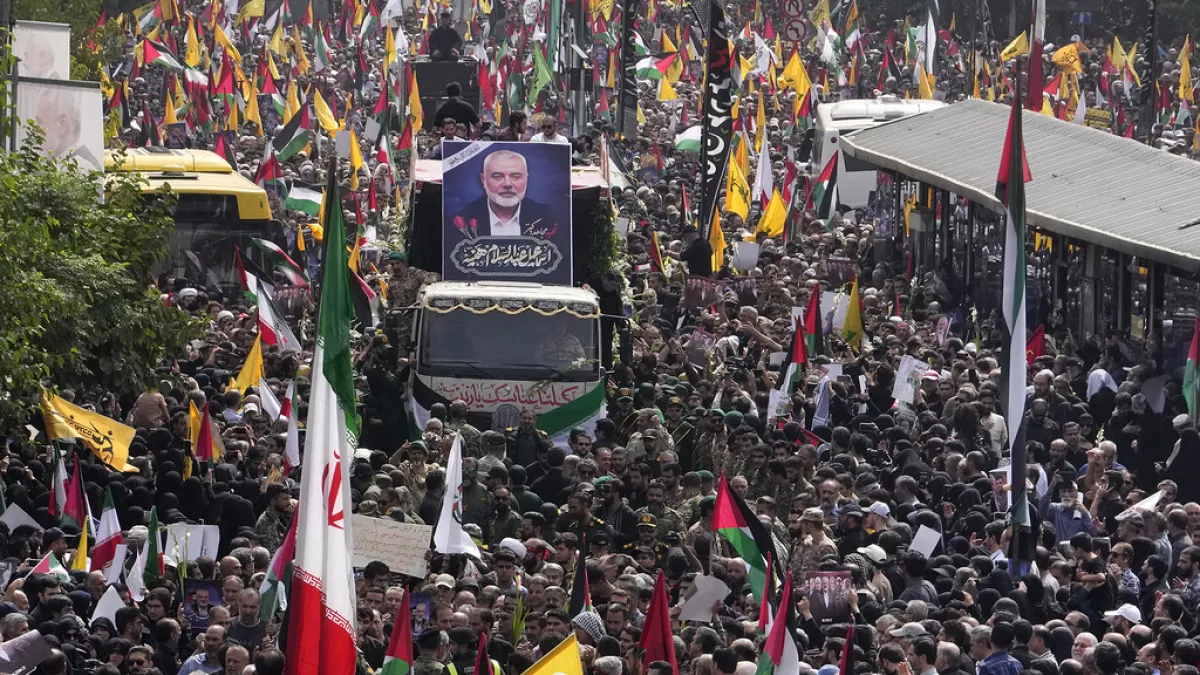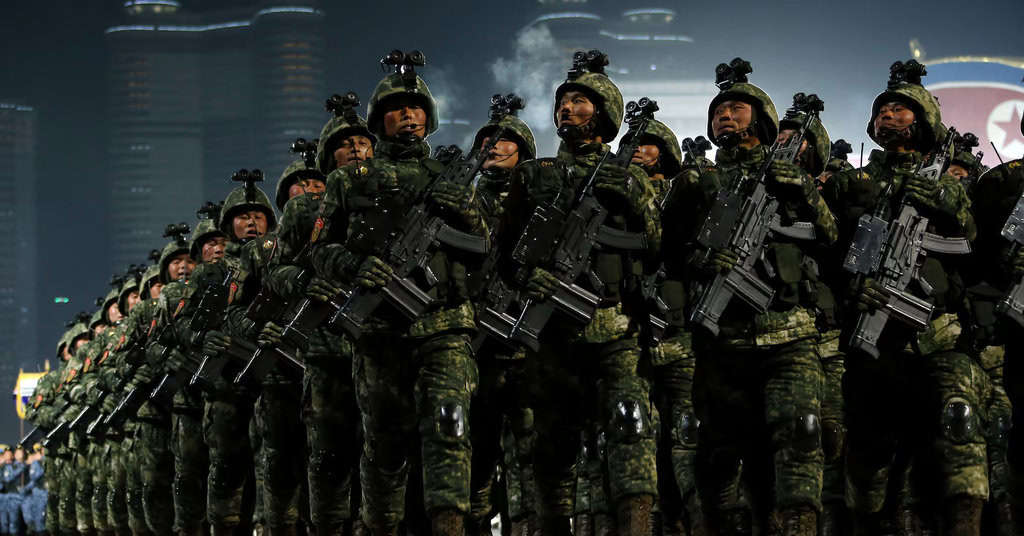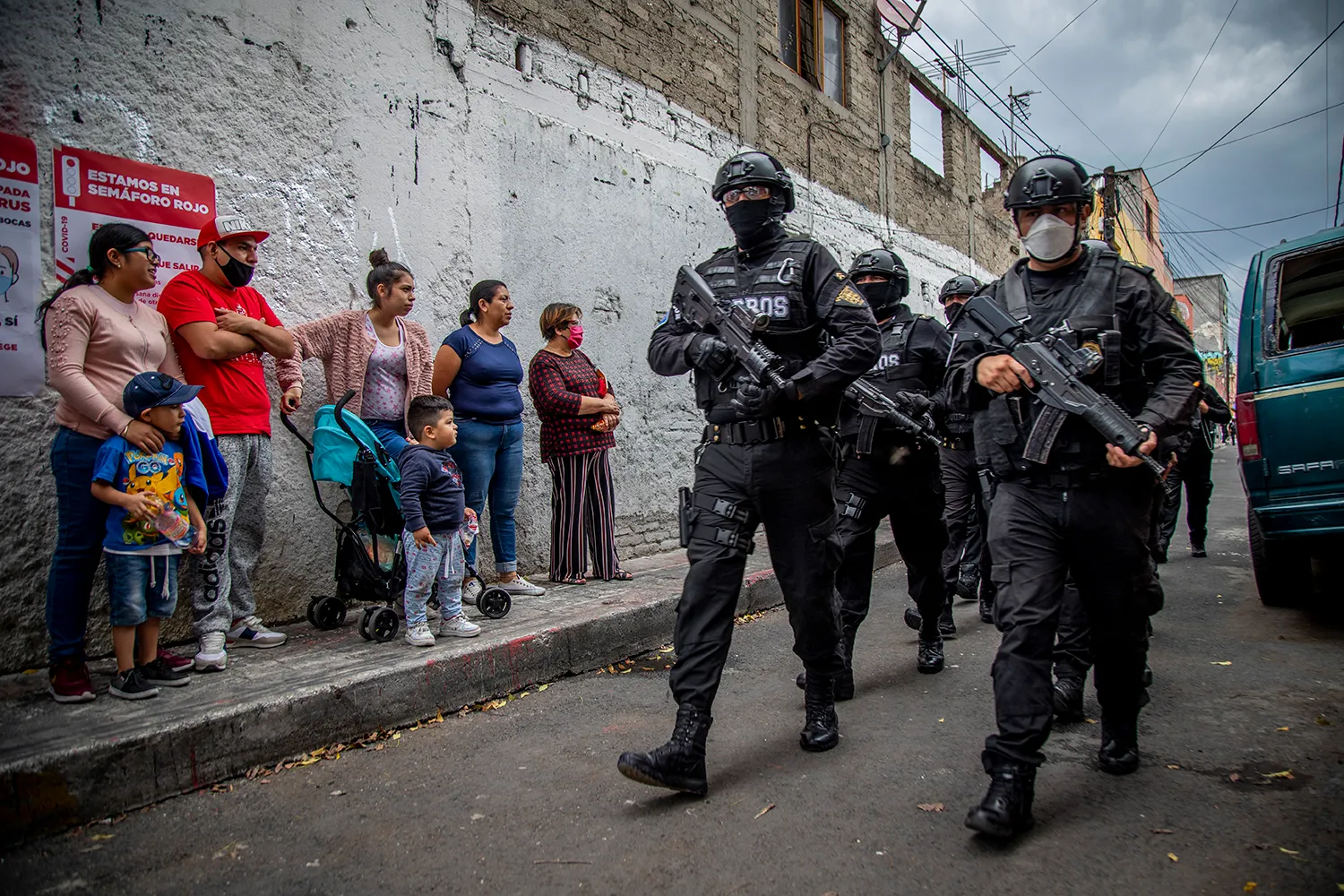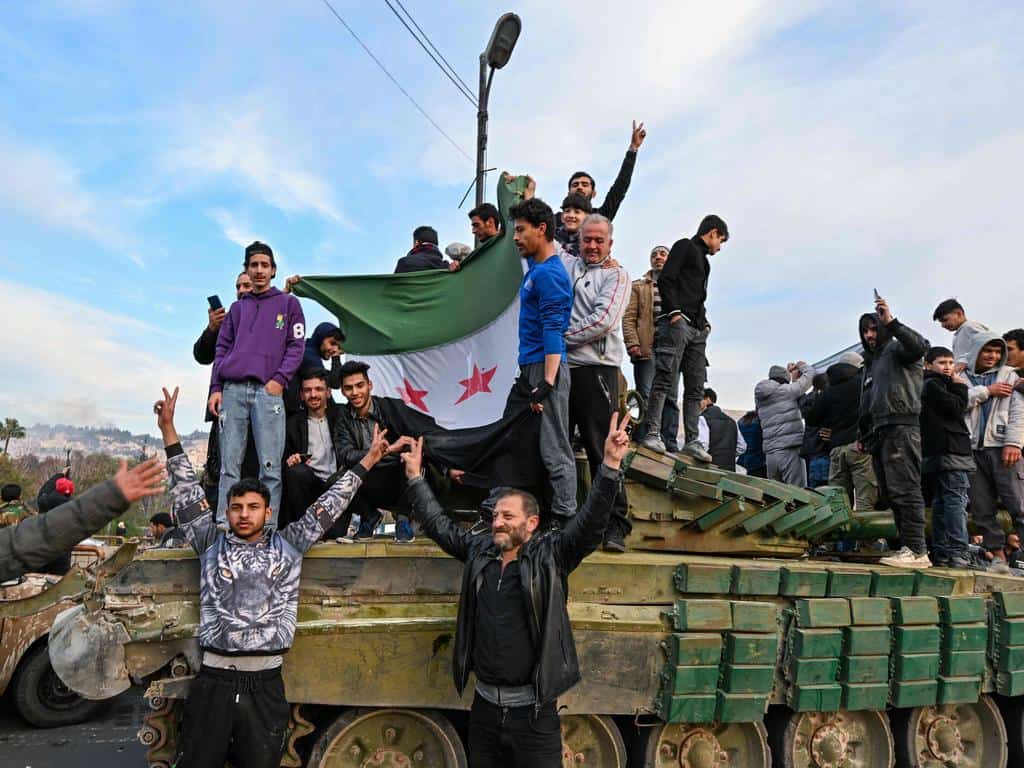In a significant move, top Iranian officials and representatives from its regional allies in Lebanon, Iraq, and Yemen are set to meet on Thursday. The primary agenda? Discussing a potential retaliation against Israel following the assassination of Hamas leader Ismail Haniyeh in Tehran, sources informed Reuters.
Heightened Tensions in the Middle East
The region is on edge after a series of recent events that have intensified the conflict. On Wednesday, Haniyeh was killed in Tehran, an act Iran and Hamas attribute to Israel. This follows the death of senior Hezbollah commander Fuad Shukr in an Israeli strike near Beirut on Tuesday.
Meeting Attendees: A United Front
Attending the crucial meeting in Tehran will be representatives from various Iranian-backed groups, including Hamas, Islamic Jihad, Yemen’s Houthi movement, Hezbollah, and Iraqi militias. A senior Iranian official, who requested anonymity, stated, “Iran and its allies will assess the situation to determine the most effective way to retaliate against the Zionist regime [Israel].”
Statements from Iranian Leadership
Iranian Supreme Leader Ayatollah Ali Khamenei and senior Revolutionary Guards members are expected to participate in the meeting. General Mohammad Baqeri, Iran’s armed forces chief of staff, emphasized on state TV, “The response to this assassination will be strong, and Israel will undoubtedly regret its actions.”
The Assassination of Ismail Haniyeh
Haniyeh’s death came hours after he attended the inauguration of Iran’s new president in Tehran. Although Israel has not officially claimed responsibility, the attack has sparked calls for vengeance, raising fears that the Israel-Hamas conflict could escalate into a broader Middle Eastern war.
Israel’s Defensive Stance
In response to the heightened threats, Israeli Air Force Chief Tomer Bar highlighted Israel’s readiness to defend its citizens. “We are prepared in defense. Our aerial defense soldiers and air control personnel are on high alert across the country,” Bar stated during a military ceremony.
Implications for the Region
The assassination has drawn significant attention, with senior figures from Hamas, Islamic Jihad, the Houthi movement, and Hezbollah attending Iran’s presidential inauguration and remaining in Tehran for subsequent meetings. Hezbollah deputy leader Naim Qassim and lawmaker Hassan Fadlallah are among those present.
A Call for Retaliation
Hamas’ armed wing has declared that Haniyeh’s killing will have major repercussions, vowing to escalate the conflict. Iran has blamed the United States for its support of Israel and called for Iraqi resistance commanders to convene in Tehran to strategize a response.
Mourning and Mobilization
On Thursday, Iranians gathered to mourn Haniyeh, signaling a unified front against perceived aggressions. Ali Akbar Ahmadian, secretary of Iran’s Supreme National Security Council, promised, “All fronts of the resistance will take revenge for Haniyeh’s blood.”
The Axis of Resistance
This alliance, known as the Axis of Resistance, comprises various groups including Hamas, Hezbollah, Yemen’s Houthi rebels, and Shi’ite armed factions in Iraq and Syria. Their coordinated efforts indicate a potential for significant retaliatory actions.
Recent Hostilities
The backdrop of these events includes Iran’s recent missile and drone barrage against Israel in April, a response to the suspected Israeli strike on Revolutionary Guard generals in Damascus. Most of these attacks were intercepted, but the intent was clear.
Future Prospects
Former Revolutionary Guards Commander Esmail Kosari warned on state TV, “Iran’s response to the assassination will be stronger than before.” As the situation develops, the potential for further conflict remains high, with all eyes on the Middle East’s next move.





